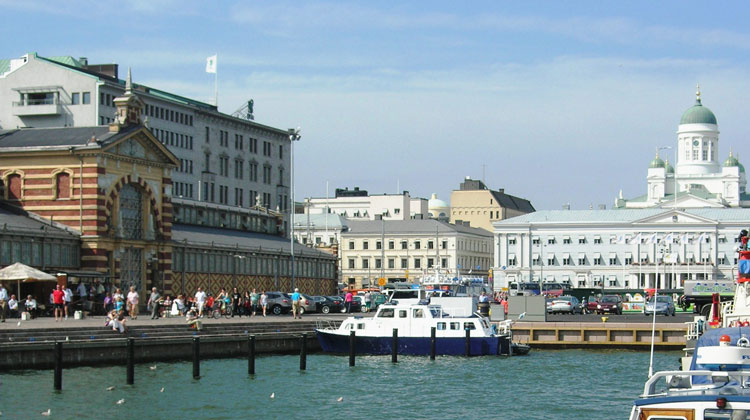
Northern European nations not only hit peak numbers in terms of internet users but also reveal themselves to be forerunners in the implementation of digital services. For instance, the Finnish Ministry of Justice recently announced that a labour association will be evaluating the usage of online voting in future referendums in Finland.
During this evaluation set to last four years, an internet voting system is to be developed. This system is initially intended to be employed for referendums. This shall allow Finnish citizens to cast their votes online more securely. The eventual plan is for Finnish municipalities to be able to decide on a case-by-case basis if they will provide the citizens with the online voting system parallel to postal ballots, for instance. Usage of the system itself will be cost-free for the municipalities. While the voting system is being constructed from 2016 to 2020, the current progress will be announced transparently on a continuous basis. The costs for developing the system are estimated at approximately 2.4 million euros.
POLYAS also has a close relationship with Finland, as this is where the first online vote was held. As early as 1996 POLYAS provided over 100,000 authorised voters the opportunity to vote in the Finnish allianssi election online for the first time. The allianssi election of the governing body of the Finnish Youth Cooperation is similar to the Juniorwahlen in Germany, in which the youth are able to elect real parliamentary candidates. This motivates primarily young voters to actively participate in democratic processes.
Estonia votes online, Lithuania and Sweden evaluate its usage
Along with Finland, the digitalisation of democracy has found traction in other northern countries as well. For instance, this year the Lithuanian government officially authorised an initiative that will potentially allow for parliamentary elections to be held online this coming year. This would make Lithuania the second Baltic nation, next to Estonia, in which voting in parliamentary elections is possible online.
Likewise several Swedish municipalities were able to follow the trend after a majority of members of the Parliamentary Election Committee agreed on such a proposal. The social democratic party member Billy Gustafsson is quoted in a Swedish newspaper as saying,
“If it works well, it could be a natural step to introduce it in the 2022 elections.”
picture source: Birgit Winter / pixelio.de